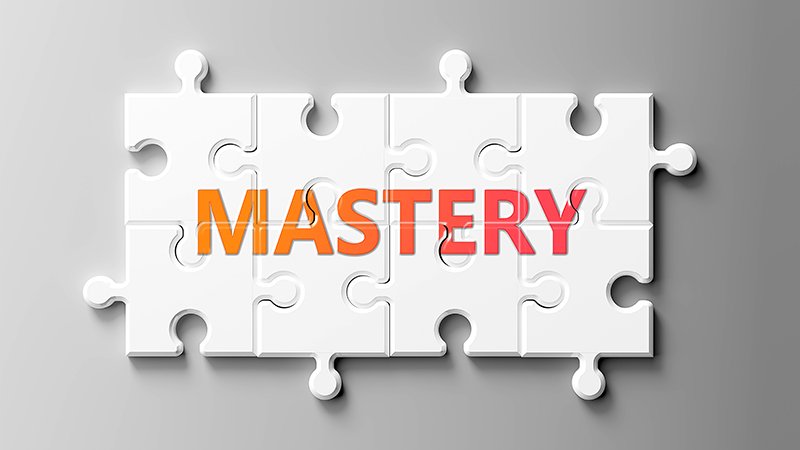The sole purpose of marketing is to make a change, this is a big statement. Marketing is what we do when we want to change culture and behaviour, when we want things to be different. I think marketing is the work of telling a story that’s true to someone specific to help them see the world differently and take a different action, and if this change doesn’t happen then there is no marketing. Marketing is the generous act of leading people to get them to make things better.
To begin the marketing journey we have to be specific and ask ourselves two questions:
Who is it for? (Target audience)
What are the changes we seek to make? (How would they like to receive this content?)





















